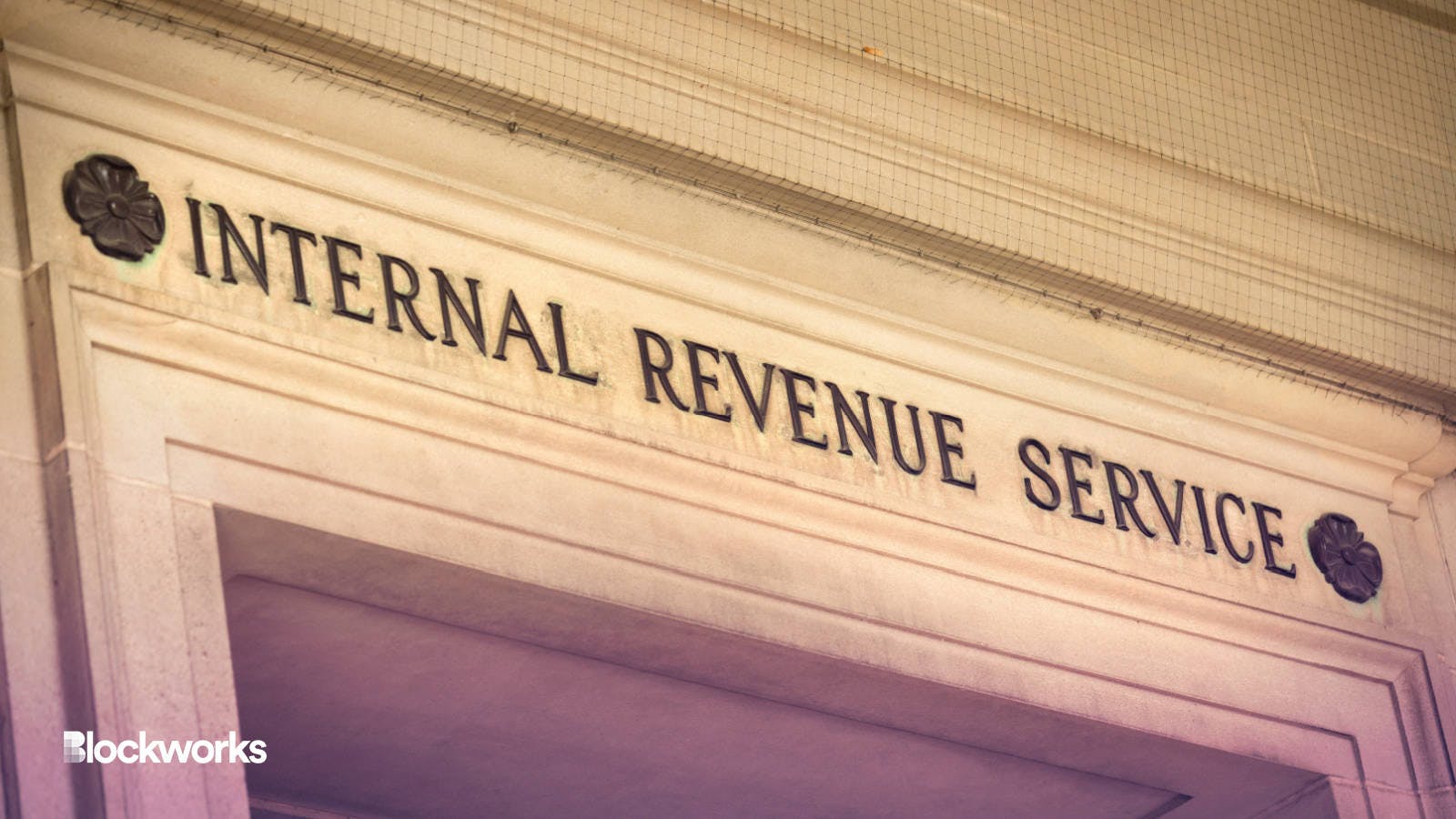IRS Can Access Coinbase User Trading Data, Court Rules
A Coinbase user had attempted to argue the IRS violated his constitutional rights when it sought his trading data

AevanStock/Shutterstock modified by Blockworks
A US Federal court has ruled the Internal Revenue Service (IRS) is within its right to access Coinbase user data, in a case which sought to block the tax agency on constitutional grounds.
Plaintiff James Harper filed suit in Aug. 2020 against the IRS, its then-commissioner Charles Rettig and 10 IRS agents. It alleged they had violated his rights to obtain trading records through what’s known as a “John Doe” summons.
John Doe summons — a common tactic used by multiple government agencies — essentially affords the legal right to request a third party hand over data belonging to an individual or group of individuals for tax evasion checks.
The US District Court of New Hampshire, citing a May Supreme Court ruling, said the agency’s powers afforded to it by Congress meant Harper was not entitled to protections or relief beyond existing “checks on the IRS’ powers,” according to court documents hosted by Law360.
Harper, who maintained his innocence, had previously attempted to argue that such a request for his internal Coinbase trading records violated his Fourth and Fifth amendment rights.
An early-era crypto trader and former in-house legal consultant for the Bitcoin Foundation, Harper filed an amicus brief in 2016, fighting against the agency’s initial request for Coinbase to hand over all user trading records.
Despite ignoring requests from the agency, Coinbase was reportedly forced to hand over some of its largest user’s information, including Harper’s, following a separate summons against the Delaware-registered exchange a year later.
Harper later appealed and was granted the right to sue the IRS in the First Circuit last year. The IRS alleged Harper had failed to adequately declare his crypto trades in 2013 and 2014, prompting action from the agency against him and others.
Since 2016, the agency has been using John Doe summons for digital asset enforcement efforts.
In Aug. 2022, a California federal court granted an order allowing the IRS to issue a John Doe summons to SFOX, a Los Angeles-based crypto prime broker.
The order sought data on US taxpayers who, between 2016 and 2021, conducted crypto transactions valued at least $20,000 with or via the SFOX platform.
Get the news in your inbox. Explore Blockworks newsletters:
- The Breakdown: Decoding crypto and the markets. Daily.
- 0xResearch: Alpha in your inbox. Think like an analyst.






